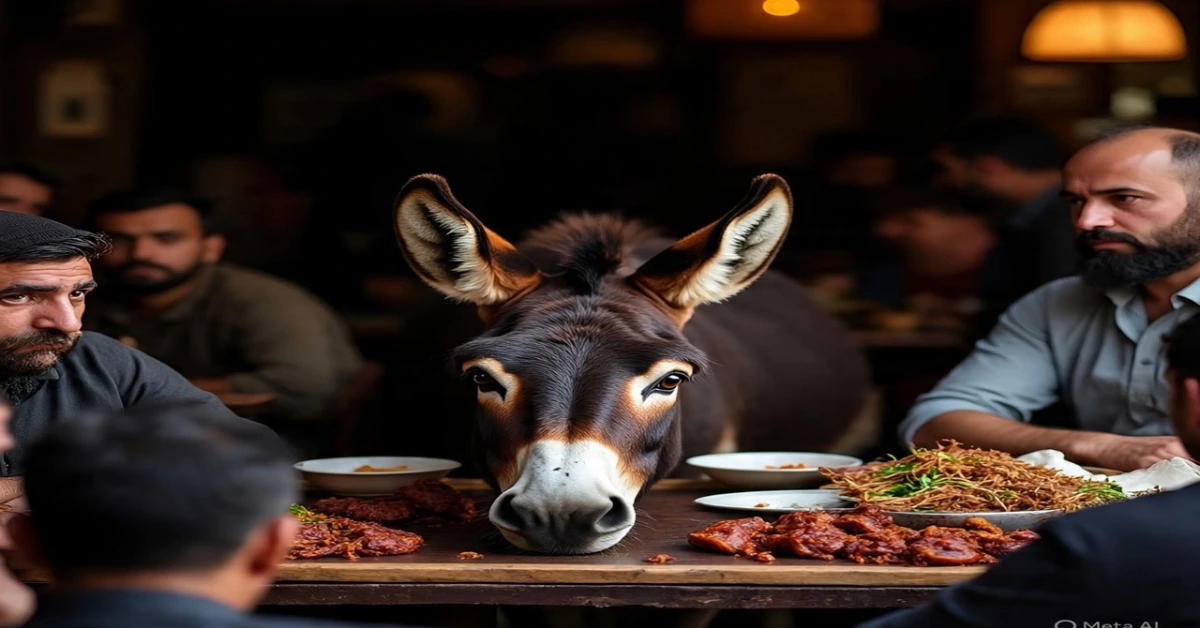Fact Check: Viral List Claiming Islamabad Restaurants Served Donkey Meat Is Fake, Confirms Food Authority
A viral list circulating on social media and WhatsApp, accusing several Islamabad-based restaurants and cafes of serving donkey meat, has been confirmed as fake by the Islamabad Food Authority (IFA).
The controversy began after the IFA recovered more than 50 donkeys and a large quantity of meat during a raid in the Tarnol area on Saturday, sparking widespread speculation online regarding the possible use of the meat in local eateries.
However, speaking to the media on Monday, IFA Director Irfan Nawaz Memon clarified that no conclusive evidence has yet been found to determine where the seized meat was supplied.
No Restaurant Named in Official Probe
“There are unconfirmed reports suggesting the meat may have been supplied to foreign nationals residing in the city,” Memon said. “There are also suspicions that some of it may have been sent outside Islamabad, but nothing has been verified so far.”
He emphasized that the police and food safety authorities are actively investigating all possible leads and coordinating efforts to trace the full supply chain.
Ongoing Food Safety Inspections
Memon further highlighted that the IFA conducts regular and surprise inspections of food outlets across the capital to ensure strict hygiene and food safety standards.
“In the last two years, no such complaint has been received in Islamabad,” he said. “We even carry out unannounced night inspections to catch any violations.”
Public Urged to Stay Vigilant
The IFA has urged the public to avoid sharing unverified claims and instead report any suspicious activity related to meat distribution or hygiene issues directly to the authority.
Memon concluded by reaffirming that ensuring safe and hygienic food remains the top priority of the IFA. He added that more joint raids with law enforcement agencies are scheduled in the coming days to clamp down on illegal practices in the food supply chain.










